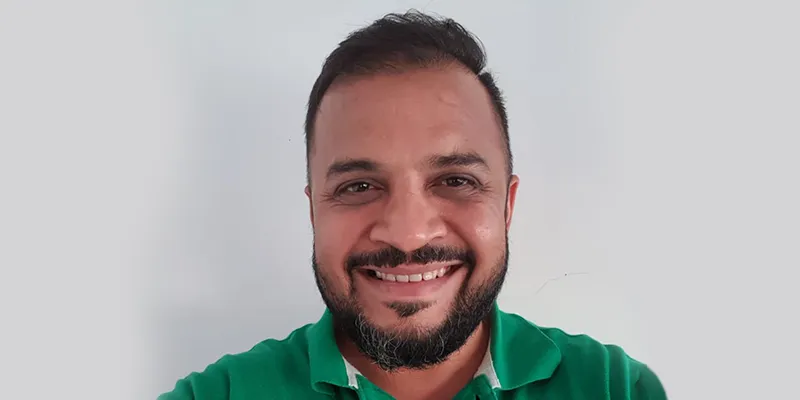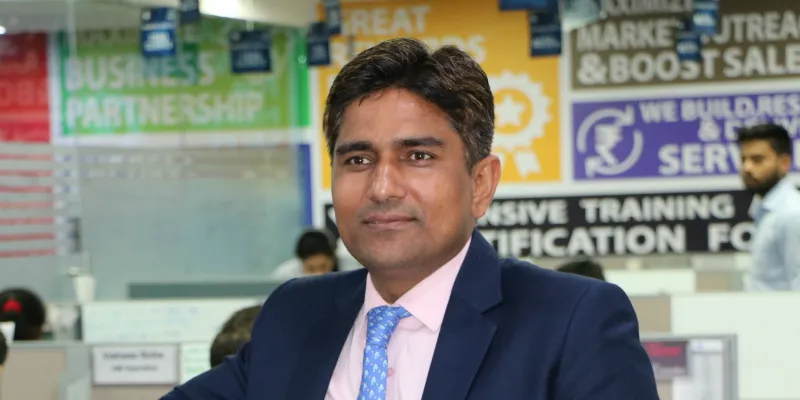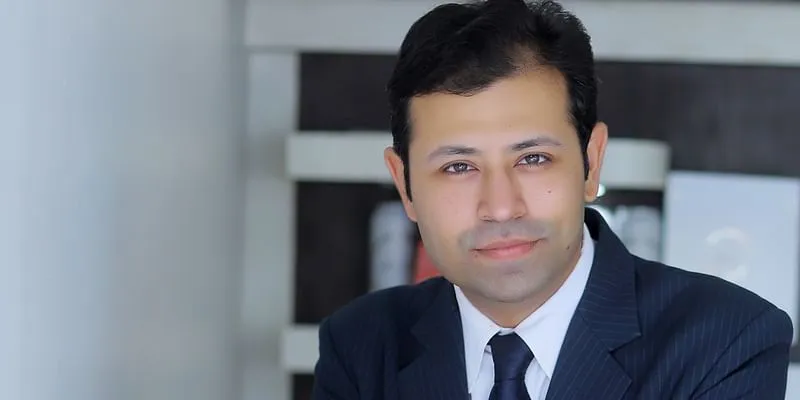World Environment Day: These entrepreneurs are leading the way with their recycling businesses
On World Environment Day, SMBStory has curated a list of businesses that are recycling waste to save the environment.
One of the major causes of environmental pollution in India is the improper waste management system. From industrial and municipal, to e-waste, India's garbage burden is a serious matter.
According to a Central Pollution Control Board (CPCB) report (2018-19), the annual plastic waste generation in India is a humongous 3.3 million metric tonnes per year. A large chunk of this waste ends up in landfills, even when most of it is recyclable. Over eight million tons of hazardous waste is generated in India per year, and about 60 percent of this waste, i.e. 4.8 million tons per year, is estimated to be recyclable.
Recycling waste is a sustainable solution to save the environment, and an important step towards sound management of resources.
On the occasion of World Environment Day, celebrated on June 5, to encourage awareness and action towards protection of the environment, SMBStory has curated a list of six companies that are adopting measures to reduce waste through recycling.
Deluxe Recycling

Jignesh Shah, Founder of Deluxe Recycling
Jignesh Shah hails from a paper manufacturing and recycling background. In 1999, an opportunity to do something about the waste coming from packaging factories changed the course of his life.
Jignesh started Deluxe Recycling, a Mumbai-based business, providing environment-friendly solutions of dunnage options to various organisations, companies, and industries.
The journey, spanning almost 20 years, began with investments from family, friends, term loans, and cash credit. Jignesh says the small plant started with a capacity of 75 tons per month has now expanded to 13,000 metric tonnes per annum.
He says, “Initially, we used to recycle only the factory waste coming out of the Tetra Pak production lines. Since 2004, we have been supplying these chipboards to the automobile industry in the form of a seatback and backrest for passengers and drivers in the three-wheeler auto rickshaw sector.”
“We supply pallets to Indian Railways that are further used in making bathroom doors. Institutions like Food Corporation of India and the state warehousing corporations of Maharashtra and Chhattisgarh have shown their interest in such applications for recycled products (pallets), which they use for storing food grains in their warehouses,” Jignesh explains, adding that Bajaj Auto Ltd, TVS Motors, and Atul Auto are some of the company’s clients in the automobile sector.
Last year, the company clocked a turnover of about Rs 40 crore per annum, and reported an almost 25 percent increase in the turnover.
Deshwal Waste Management

Raj Kumar, Founder, Deshwal Waste Management
When budding entrepreneur Raj Kumar was working in the IT sector, he noticed e-waste was becoming increasingly difficult to manage and recycle, and pollution from e-waste was on the rise.
“Looking at this, I decided to serve the society and contribute to global welfare and environment safety by establishing my first e-waste recycling plant in Khushkhera, Rajasthan, under the name Deshwal e-waste recycler,” he says.
Raj decided to invest his money and formally launched Deshwal Waste Management in 2013. He also established another large-scale recycling facility in Manesar. The two facilities began recycling various kinds of e-waste, used batteries, plastics, and used oils.
The company now has a corporate client base of over 200, including industry giants from the IT sector, heavy industries, automobiles, consumer goods, financial sector, etc.
Since its inception, Deshwal has recycled well over 1,000 metric tonnes of waste and is aiming to recycle more than 500 tons per year after 2019. He says that around three million metric tonnes of e-waste is generated in India every year, and the company’s aim is to recycle at least three percent of it.
Responsible Whatr

Ankur Chawla, Cofounder, Responsible Whatr
According to a Central Pollution Control Board (CPCB) report from 2012, India generates 15,000 tonnes of plastic a day, of which 40 percent remains uncollected. This uncollected plastic waste adds up, leading to land and water pollution, which poses a serious threat to the environment.
Ankur Chawla — a beverage expert, and a veteran of the hospitality industry — researched to find a solution. After going through the intricacies of the issue at hand, he came up with a solution — aluminium.
Ankur decided to launch Responsible Whatr — a natural spring water beverage — packed in an aluminium can to solve the problem of waste plastic water bottles. In just a month of launch in 2020, the business sold 30,000 units of the aluminium water beverage can.
Responsible Whatr is available widely in retail stores of Delhi-NCR, including Foodhall, Modern Bazaar, Konic Mandi Mart, Farm Square, Exchange Store, and Defence Store, among others. The brand is also selling through its own website.
Visaka Industries

Visaka Industries' joint managing director Vamsi Gaddam
Set up as a cement roof-manufacturing company in the early 80s by G Venkat Swamy and his son G Vivekanand, Hyderabad-based Visaka Industries Limited has transformed over the last four decades to make sustainable building materials and textiles. It recorded an annual turnover of Rs 1,127 crore in 2019-20.
In 1992, the company expanded into textiles, developing the revolutionary sustainable fabric Wonder Yarn from discarded PET bottles. The technology of Murata twin air-jet devices integrates material used in PET bottles to create a fabric that has since kept 100 million PET bottles from being dumped into landfills.
After third-generation entrepreneur Vamsi Gaddam's entry into the business, Visaka introduced a brand that would manufacture a range of sustainable building products and be a substitute for plywood.
“Holding true to our pledge of sustainability and eco-friendliness, we have preserved 5,00,000 trees, prevented the emission of 90,000 tons of CO2, and recycled 100 million PET bottles,” he says. “We also manufactured vendor carts that are equipped with ATUM solar roofing and donated to the underprivileged.”
Runaya

Naivedya Agarwal, Founder, Runaya
India is expected to continue to be among the major hubs of primary production growth for aluminium, but there is a need to provide sustainable solutions for the dross generated as the byproduct in the processing of aluminium.
Naivedya Agarwal, Founder of Runaya, says that 1.5 percent dross is generated in the production of aluminium. Globally, over 10 lakh tons of this hazardous waste is generated annually, for which there was no sustainable solution.
A scion of Vedanta CapitalGroup, one of India’s largest aluminium producers, Naivedya decided to start a business of his own to seize the opportunities dross generated to recover potential metal and develop new products.
Runaya is a manufacturing firm that leverages technology and relationships with global partners to create sustainable, innovative solutions in the resources sector.
For instance, it has established a sustainability and recovery project in Odisha, where it is processing 100 percent of aluminium dross recovered from Vedanta via a patented German technology through a two-stage hot and cold recovery process and recovers 40 percent of aluminium by weight.
Edited by Anju Narayanan






1553509983209.png?mode=crop&crop=faces&ar=1%3A1&format=auto&w=1920&q=75)


